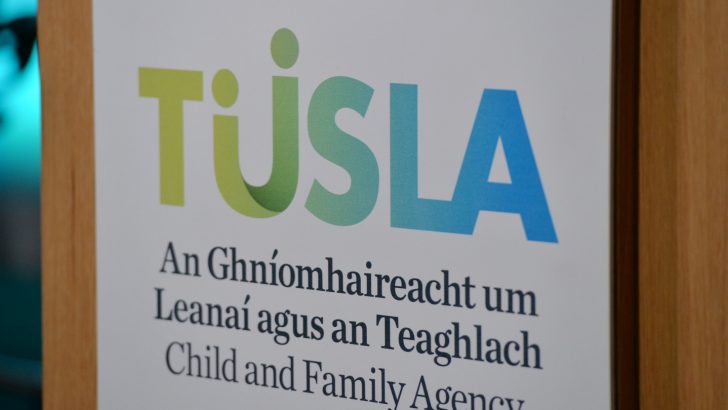Though its critics may never acknowledge it (or even believe it), the Catholic Church is the world’s leading advocate for the marginalised and the vulnerable – an enemy of unjust discrimination, and a pioneer in healthcare and education. Whether it is standing up for the poor and homeless or the unborn and those nearing the end of their lives, Catholicism sees an intrinsic value in every human person that is worth fighting for.
Recent decades have sometimes seen the Church fall foul of equality legislation aimed at rightly ensuring that no person is unjustly discriminated against. The Church will always plead for the right of believers to exercise religious freedom. Inflaming these debates is an assumption that equality and religious freedom are rivals, in which Catholics who stand up for faith are accused of being ‘opposed to equality,’ of ‘seeking the right to discriminate,’ and failing to grasp a basic tenet of liberal democracy, namely the equality of every individual before the law.
Funding
This week it was revealed that Tusla, the State’s Child and Family Agency, is threatening to cut off funding from the Church’s marriage care service Accord if the body does not start offering counselling to same-sex couples. Accord argues that as a Catholic agency it has the right to operate according to a Catholic ethos, Tusla, on the other hand, argues that any body in receipt of State funding must provide services to everyone.
It’s a clash of competing rights. As Cardinal Timothy Dolan of New York said in 2015: “We’ve got to make sure that the rights of conscience and religious ability to publicly exercise one’s religion is balanced with another good, namely the rights of people not to be discriminated against.”
The law discriminates against people all the time, but we recognise that in these circumstances the law is exercising a just discrimination. For example, the State will not commit a baby for adoption to the care of a couple in their 90s since they will judge this not to be in the best interests of the child.
The State also discriminates when it offers certain benefits to the elderly, or to those who are married; if those same benefits were extended to everyone, the State would no longer be offering special protection to pensioners or supporting marriage. A pension that is available to people younger than 65 ceases to be a pension.
A key principle of religious liberty is that charities and schools and other civil society bodies should be free to manifest belief, namely, to create organisations inspired by and witnessing to their religious ethos. That means selecting certain kinds of people to run them, and having policies and practices that witness to the values underpinning them. Faith-based organisations must be free to be consistent with their beliefs by the way they act — as long as they do not offend public order or inhibit the rights and freedoms of others.
It is also vital to civil society, which is nurtured and sustained by such value-driven organisations and persons.
The State seems to be saying to organisations like Accord that they cannot exist according to their Catholic ethos while still being in receipt of taxpayer funding – this is despite the great contribution organisations like Accord make to the common good.
This is a worrying trend and goes against the spirit of an open civil society with lots of groups holding different values providing services according to those values. We will be significantly the poorer if the Government is trying to create a State where only groups who accept positions the State approves of are entitled to taxpayer funds to provide vital services.


 Michael Kelly
Michael Kelly
